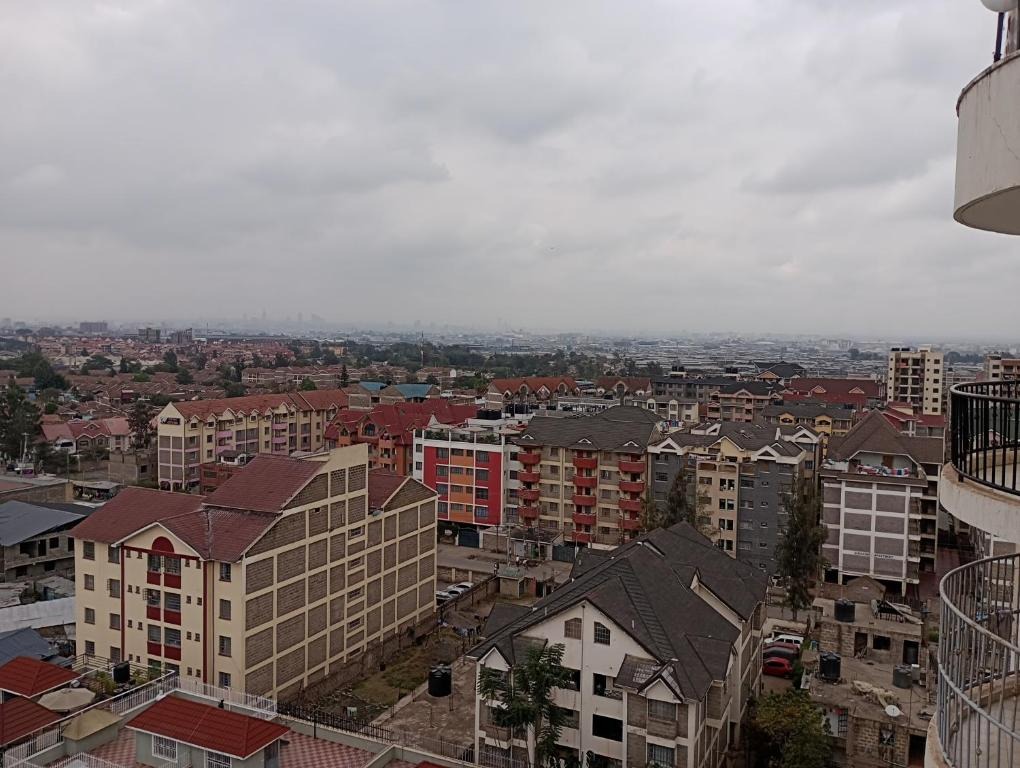Every neighborhood has its unique cast of people. From the eccentric cat lady next door to the mysterious hermit down the street. However, what happens when those characters begin to create a little too much drama? Coexisting in a community frequently entails negotiating relationships with a range of neighbors, from the amiable ones who offer assistance to the more difficult ones who may test your patience. It might be tough to deal with a difficult neighbor but with the correct strategy, you can improve relationships and make everyone’s living situation more peaceful. The following techniques can be used to deal with a difficult neighbor:
Talk openly with them

Talking politely and openly with a difficult neighbor is one of the first stages in resolving problems. Calmly approach your neighbor and voice your concerns in a way that avoids confrontation. Instead of assigning blame, use “I” phrases to explain how their actions are affecting you personally.
Try to understand them

Try to figure out the root cause of your neighbor’s actions. They could not be conscious that what they are doing is upsetting others, or they can be coping with personal issues. You may often discover common ground and strive towards a win-win solution by demonstrating empathy and understanding.
Set Boundaries

If you’ve tried to communicate with your difficult neighbor and their attitude still bothers you, you might need to establish firm boundaries. Inform them of the inappropriate conduct and the potential repercussions for continuing in that manner. Be stern yet courteous, and maintain your boundaries at all times.
Find a Mediator

In certain situations, bringing in an impartial third party might facilitate dialogue and conflict resolution. This could be a professional mediator with training in conflict resolution, or it could be a mediator from a neighborhood organization. An unbiased mediator can assist in maintaining the focus and effectiveness of the discussion to resolve the conflict.
Record Incidents

Note down all the dates, times, and particulars of the conduct that is causing you concern in any occurrences or encounters with your neighbor. If things get out of hand and you have to call in the police or file a lawsuit, this paperwork can come in handy.
Take Legal Action

If every attempt at reconciliation is unsuccessful and your neighbor’s actions amount to harassment or a breach of the law in your area, you might need to look into your legal alternatives. To request help or make a formal complaint, you might need to get in touch with your landlord, homeowners’ association, or local law enforcement.
Focus on your Mental Health

Dealing with difficult neighbors can be detrimental to your mental and emotional health. Making self-care a priority and learning constructive coping mechanisms for stress are crucial. This can include engaging in relaxation exercises, hanging out with encouraging friends and family, or, if necessary, obtaining professional counseling.
Set a Good Example

Finally, set a positive example for others by making an effort to be a kind neighbor yourself. Be amiable, polite, and mindful of the needs of others to promote a feeling of community. A more agreeable living environment can be achieved for all by cultivating good relationships with your neighbors.
In conclusion, dealing with a difficult neighbor calls for tolerance, understanding, and skillful communication. You can resolve conflicts constructively and promote stronger ties within your community by addressing the situation with optimism and a desire to find common ground. Always keep in mind that every conversation is a chance for personal development and advancement for both you and your community.







